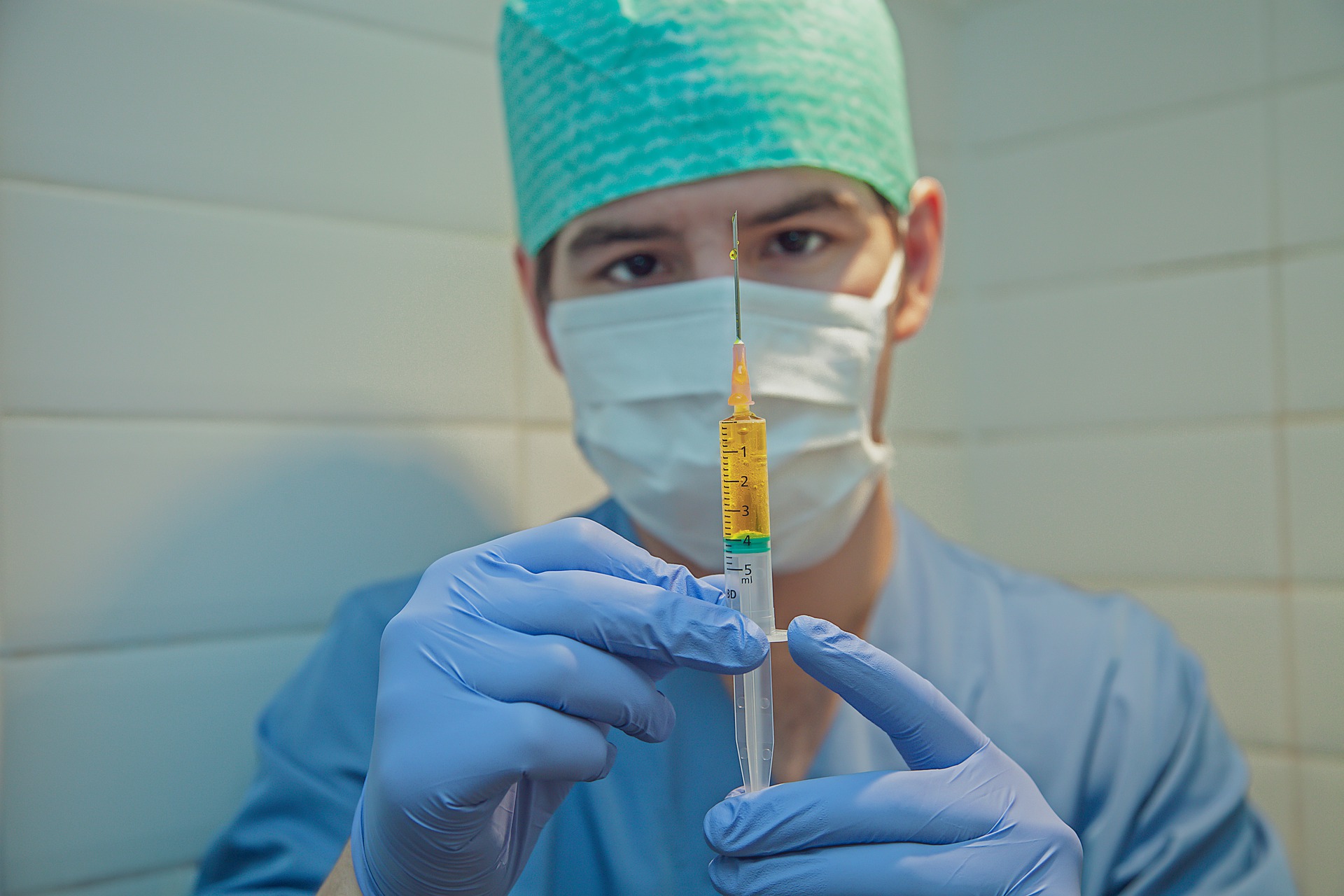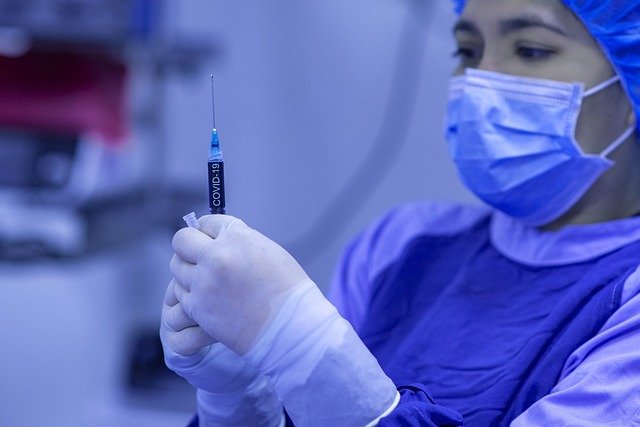It's one of the most prolific medical abbreviations on earth. But what does it mean? It doesn't stand for TIDE, Tanner, Insulin doses, or TED Talks (though I betcha heard it after a couple of cocktails...or is that just me?)
TID stands for three times a day. It is commonly used in the prescription industry and means three consecutive times a day.
This article will help you find out what TID stands for and what it means when you see it in health-related documents.
What does TID stand for?

TID is an acronym that stands for Time In Decimals. It indicates how often a dose should be taken by an individual who has been prescribed medications based on a 24-hour clock system. In other words, it refers to how often an individual should take their medication in relation to the number of hours after waking up in the morning.
Examples of TID Abbreviation:
TID is an abbreviation for the word "three" and can be used in prescription drug names to indicate that a medication should be taken three times daily. Examples include:
Acyclovir (200 mg) 3 times daily for seven days.
The Similar Abbreviations to TID

Sometimes abbreviations are used for convenience. In some cases, the abbreviation and its expanded form have different meanings. For example:
q. daily
q.d. is an abbreviation for "quaque die," which means "every day" in Latin. It is used to describe medications that are taken every day, like a multivitamin or fish oil supplement. It can also be used to describe the frequency of other treatments, such as acupuncture or exercise.
QID (four times a day)
QID stands for quater in die or four times a day. Doctors use this when prescribing medications that need to be taken four times daily, such as insulin or pain relievers (non-narcotic).
BID (twice a day)
BID stands for bis in die or twice a day. Doctors commonly use it to prescribe medications that need to be taken twice daily, such as heartburn medication or antihistamines.
Why use the TID abbreviation?

If you are part of the medical field, it is essential that you know how to use TID abbreviations properly. It will help you communicate more efficiently with other people in your profession.
Here are some reasons why you should use this abbreviation:
It's easy to remember – The TID acronym sounds like "time," which means that it's easy to remember and understand.
It's short – The TID abbreviation only has three letters, which makes it easier for medical workers to use it when writing down patient information or when talking on the phone with other doctors and nurses.
It's universal – There are no set parameters when it comes to using this abbreviation because there isn't another one that everyone in the medical field has widely accepted as an alternative for time.
How many hours apart is three times a day?

The answer to this question depends on how you define "3 times a day". If you mean taking a medication three times a day, then the intervals between doses would be 8 hours apart. However, if you are asking about how often you should eat during the day, then three times a day would typically mean eating every 8 hours.
Let's Wrap It - TID medical abbreviation!
Now that you understand what TID medical abbreviation means use the term in your written or oral communications and get a few chuckles from those who know about this abbreviation's meaning.
If you have any other thoughts about this acronym, please leave a comment below and share your insight, just so that others may benefit from your wisdom.
FAQs
Does TID mean three times a day?
Yes! TID stands for "three times a day," which is how often you should take your medication.
How do you take pills three times a day?
The best way to take your medicine is in three doses. You should take one dose with breakfast, another dose with lunch, and the third dose with dinner.
Does taking antibiotics three times a day mean every 8 hours?
Yes, taking antibiotics three times a day means every 8 hours.
What does PCN mean in medical terms?
PCN stands for "percutaneous nephrostomy." A percutaneous nephrostomy is a procedure that involves inserting a catheter into the kidney through the skin to remove urine. The catheter is used as a temporary measure until the patient can have their ureter restored.







